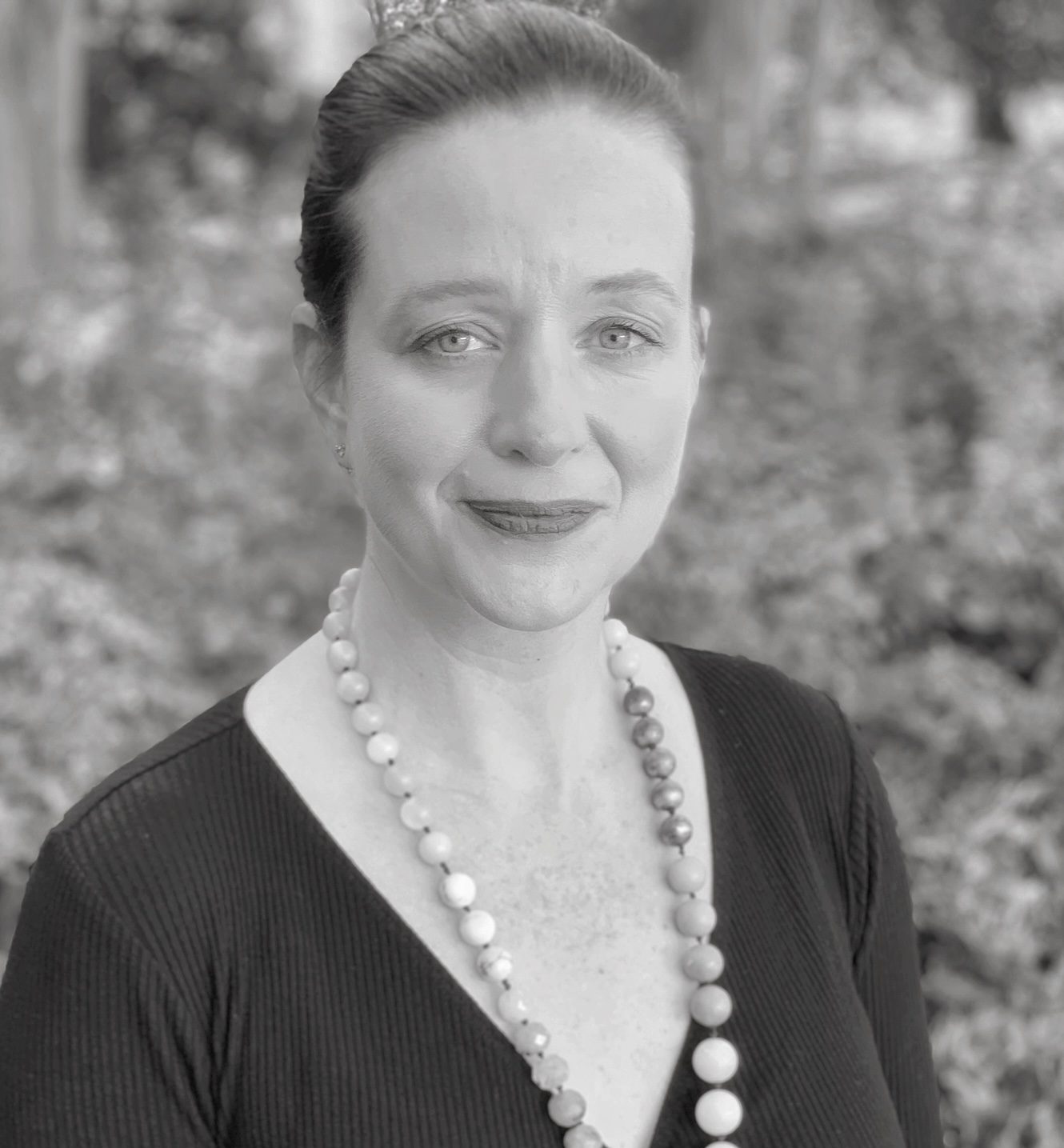Alex Kipping
Former St. Petersburg Times reporter Angela Atkins believes democracy in the United States is at a high risk of falling apart.
Sitting across from me in the courtyard of the Carriage House at Ole Miss, where she now works as a digital giving officer, Atkins described the problems she sees that threaten democracy, while recalling her own journey as a reporter.
Problems like misogyny and sexism, with deep roots in lives of women, present real challenges for her when it came to navigating American society and the promise of democracy, she explained.
During her high school years in North Carolina, Atkins recalled the chorus of stereotypes that rang in her ears – certain tasks were suited for boys, while girls were limited to a short list of defined possibilities. Women had to fit a certain role, she recalled.
Many ignored sexual harassment. Atkins remembered being groped on a school bus, and as a college student, she knew far too many women who were rape victims. Few, including Atkins herself, batted an eye. “Harassment was just normal everyday life when I was coming up,” she said.
Other forms of harassment plagued her into her career as a newspaper journalist. Being a female reporter in newsrooms mostly staffed by men was challenging. Some asked, are you sure this is what you want? What are you going to do when you’re married and a family?
Atkins was born and raised in Statesville, North Carolina, north of Charlotte where her family has lived since the 1720s. “I love North Carolina. I would move back to North Carolina in a heartbeat, but I would not move back to my hometown,” she lamented, pointing to the area’s suffering economy and rise in drug trafficking.
Despite these problems and the town’s deep conservatism, Statesville was a good place to have grown up, she said. Her first real exposure to politics was there.
From a young age, she was infatuated with political news. She began reading the newspaper as a girl, and by the time she was 12, had secretly subscribed to Newsweek without her father’s knowledge. Her parents encouraged her to broaden her outlook on politics, even if they didn’t agree with her views.
As such, Atkins ended up being one of the few individuals in her high school who identified as both a liberal and a feminist. She stood by her beliefs, but felt her views and self-described “nerdiness” isolated her from schoolmates.
Atkins earned her undergraduate degree in journalism at the University of North Carolina at Chapel Hill. There, she felt a sense of belonging among people unlike those she had ever met. “There were people from everywhere, from every background, people you have nothing in common with, but connect with on a deep level.”
After graduation and a successful summer internship at the St. Petersburg Times in Florida, she became that paper’s full-time night cop reporter, working most days from 2 p.m. to midnight.
Atkins loved her job. Her future husband, now the bestselling crime novelist, Ace Atkins, worked in the same position at a rival newspaper. They ended up running into each other on the same stories and bonding over journalism.
The two moved to Oxford together, where they married and where Angela Atkins earned a master’s degree in Southern Studies. The couple has a teenage son, Billy. She has also taught as adjunct professor in the School of Journalism and New Media.
While it’s difficult to always be optimistic about this country’s future, she still has hope. Americans have the potential for change, if they are willing to pursue it, she noted.
One of those changes involves the role of women in American society. She pointed to progress such as the #MeToo movement, though added that much work needs to be done.
Misogyny is woven into the everyday lives of American women, she said, along with tone-deaf stereotypes, and issues like unequal pay, which she hopes improves in her lifetime.
In addition to issues facing women, Atkins believes democracy in general has never been at a higher risk of failing. Politicians across party lines have disregarded the core values that once made their work respectable.
Also, the internet makes it easy for people to live in self-created information bubbles, people find information that continually fits their narrative of the truth.
“This is an addiction. The dopamine you get from checking your social media is more powerful than cocaine. It’s a quintessential Pandora’s Box.”
Americans are too unwilling to listen to each other, she added, to broaden their thought process and instead stay fixed in their beliefs.
The current generation’s willingness to speak up about social issues, unafraid of going up against a system to push the country forward, gives her hope.
“You guys are able to talk about consent, talk about sexism, talk about systemic racism,” she told me. “You are all aware of these problems and are talking about them.”
Alex Kipping is a freshman from Oxford majoring in Journalism on a Pre-Law track. She hopes to attend law school. Her involvement on campus includes Kappa Delta Sorority, Associated Student Body, and the Provost Scholars Program.

